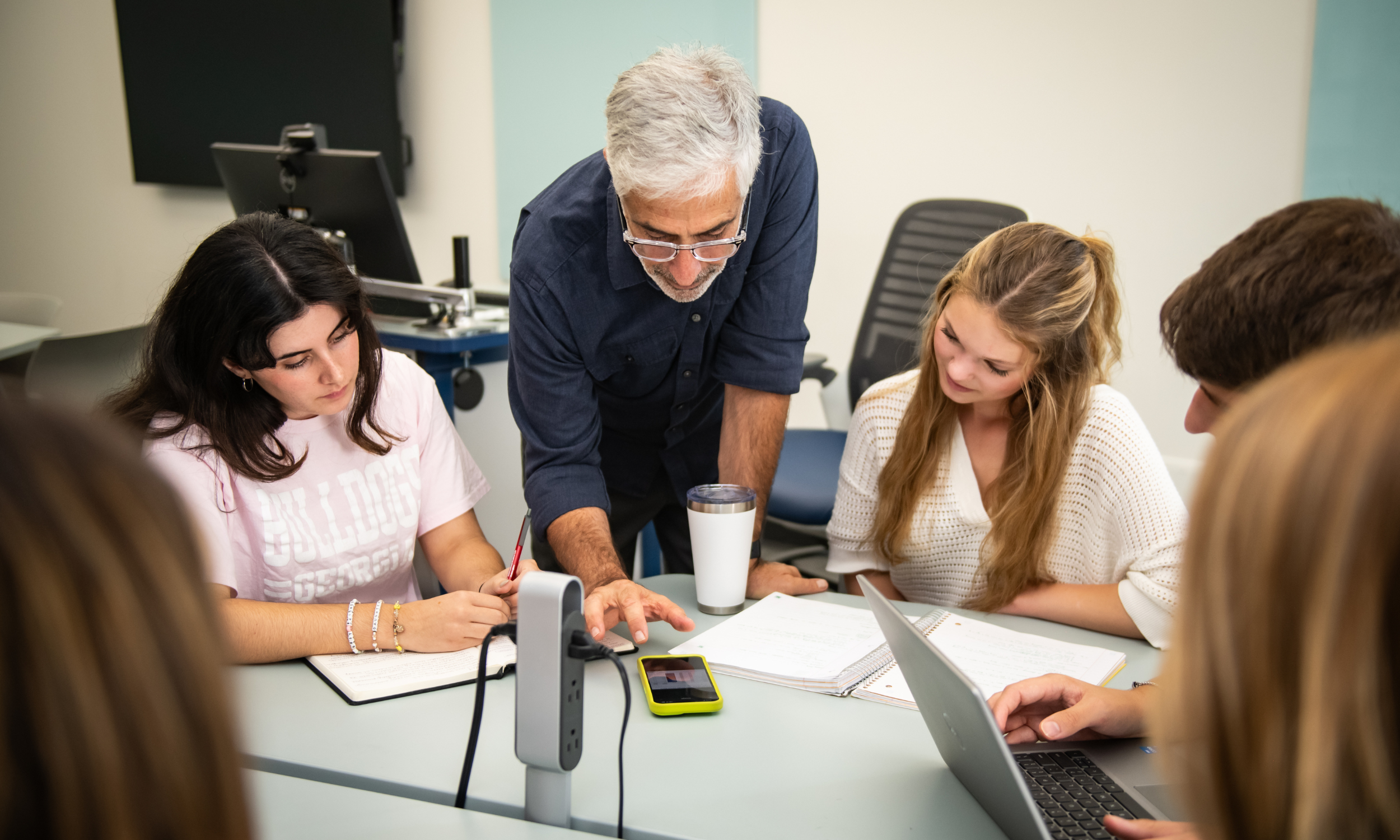By Paul Welch
Special Topics Course: International Security Cooperation taught by Allison Shelton
This course synthesizes the IR sub-fields of international conflict and cooperation by examining how (and how well) states cooperate when it comes to their security. Though allies and partnerships can greatly increase chances of victory in conflict and deter future threats, it can also be risky for states to navigate the turbulent waters that come with depending on others for their security. In this course we will trace the dominant forms of international security cooperation since 1815, including formal military alliances, collective security arrangements, international peacekeeping efforts, and coalitions of the willing. How and why have these agreements evolved over time? How are they likely to evolve in the coming decades (i.e.: the future of NATO)? We will also unpack the unique challenges facing international security cooperation, such as balance-of-power insecurities, the effect of domestic politics (i.e.: “guns vs. butter” priorities), partner burden-sharing debates, concerns about ally credibility, and the effects of globalization. Given these challenges, is meaningful security cooperation even possible? Throughout the course emphasis will be given to in-depth case studies, including the Concert of Europe, League of Nations, NATO, UN Security Council, the Persian Gulf War, and recent coalition efforts in Afghanistan and Iraq. This is an ideal course for UGA undergraduates interested in either international conflict or cooperation as it challenges students to study the confluence of these two sub-fields and apply them to ongoing global issues.









